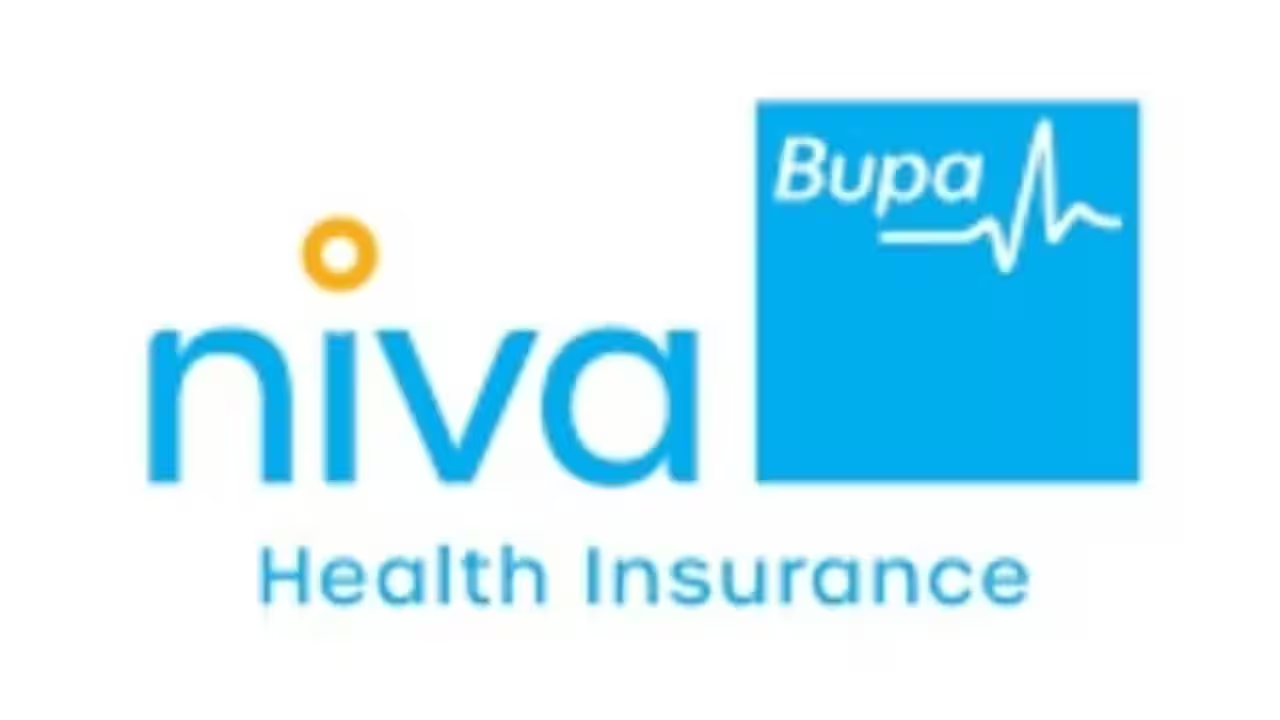The Niva Bupa Health Insurance IPO, which opened on November 7, 2024, is receiving strong demand, with subscriptions nearly doubling by 3 pm on the final day, November 11. Retail investors have been particularly active, subscribing 2.6 times their allocated portion. Overall, the IPO has been subscribed 1.73 times, with Qualified Institutional Buyers (QIBs) subscribing 1.98 times, and Non-Institutional Investors (NIIs) subscribing 0.65 times.
The IPO aims to raise ₹2,200 crore, with shares priced between ₹70 and ₹74 each. It includes a fresh issue of ₹800 crore and an Offer for Sale (OFS) of ₹1,400 crore, where existing investors and promoters are selling their shares. Bupa Singapore Holdings Pte Ltd will sell ₹320 crore worth of shares, while Fettle Tone LLP is set to sell shares worth ₹1,880 crore.
Retail investors can apply for shares in lots of 200, with a minimum investment of ₹14,800. Despite the strong demand, the gray market has seen little activity, with the Gray Market Premium (GMP) currently at zero, suggesting shares may list at the issue price of ₹74. The shares are expected to list on November 14, 2024.
The IPO is managed by financial institutions including ICICI Securities, Morgan Stanley India, Kotak Mahindra Capital, Axis Capital, HDFC Bank, and Motilal Oswal Investment Advisors. Niva Bupa Health Insurance, a major player in the Indian health insurance sector, is backed by Bupa, a UK-based healthcare company, which holds a 62.27% stake. This marks Niva Bupa’s entry into the public market as the second standalone health insurer in India to launch an IPO, following Star Health and Allied Insurance Company.
The share allotment for the IPO will take place on November 12, 2024, with shares credited to investor accounts by November 13, and listing scheduled for November 14, 2024.
Disclaimer: The information provided in this post is for informational purposes only and does not constitute financial advice. Investors are encouraged to conduct their own research or consult with a financial advisor before making any investment decisions.

Leave a Reply